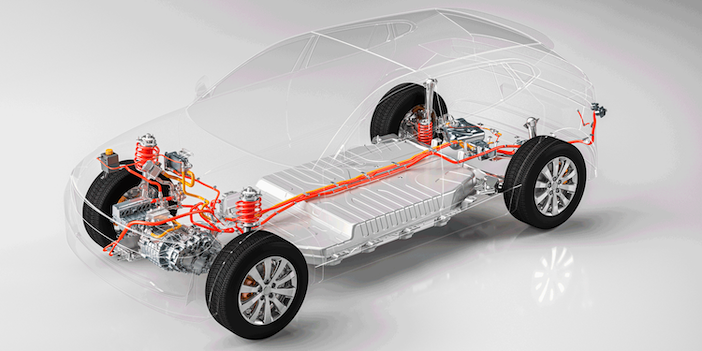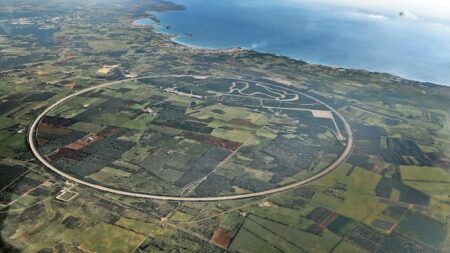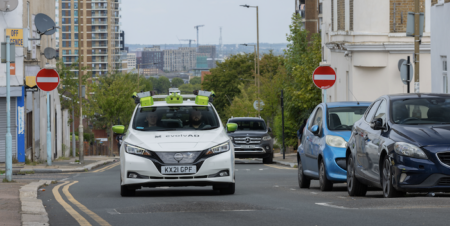Eurecat, a technology research centre in Spain’s Catalonia region, is the latest company to become involved in the Fatigue4Light project, an EU-funded initiative that aims to develop chassis technologies that can reduce the weight of electric vehicles (EVs) and reduce sprung mass to enhance vehicle safety.
Eurecat will be participating in the project with fatigue modelling and fast testing methodologies in order to help optimise EV chassis part designs and to increase the deployment of lightweight materials in chassis. Drawing on a €5,530,292 budget, Eurecat’s role is in developing new tests and new computer simulation methods designed to better estimate the fatigue life of chassis components and select the optimal materials for lighter vehicle chassis.
The Fatigue4Light project, which was set up in February 2021, is working on applying new materials tailored to vehicle chassis requirements, such as advanced high-strength steels, high-strength aluminium alloys, and hybrid metal-fibre reinforced polymeric materials. The project deliverables will enhance new material selection and significantly shorten lead time between material development and the design of a new chassis part.
Eurecat’s scientific director, Daniel Casellas, says the project goal is to “reduce vehicle chassis weight compared to current solutions by leveraging advanced materials and addressing eco-design and circular economy issues.”
Eurecat’s Metal and Ceramic Materials Unit is developing new tests for the Fatigue4Light project, while its Advanced Manufacturing Systems Unit is monitoring the performance of the new chassis parts, and its Waste, Energy and Environmental Impact Unit is handling circular economy and eco-design aspects.
“The Fatigue4Light project seeks to help build a zero-emission future by promoting design based on numerical simulation tools,” stated Lucia Barbu, the project’s coordinator, and a researcher at the International Centre for Numerical Methods in Engineering (CIMNE). “Using numerical simulation tools at a design stage can help predict and lock-in part performance while minimising production losses by meeting industry needs.”
Fatigue4Light is one of the first projects to address weight reduction in automotive chassis parts, “a critical step towards further progress in electric vehicle lightweighting,” added Barbu.
The project consortium, coordinated by the International Centre for Numerical Methods in Engineering (CIMNE), is made up of Eurecat, the Research and Innovation Centre of Sweden (RISE), Luleå University of Technology, the Universitat Politècnica de Catalunya (UPC), Politecnico di Torino (POLITO), ArcelorMittal, Profilglass, Stellantis’s CRF research centre, the CLN Group’s Magnetto Wheels (MW) division, Composite Service Europe, Gestamp and the Spanish Association for Standardisation (UNE).





